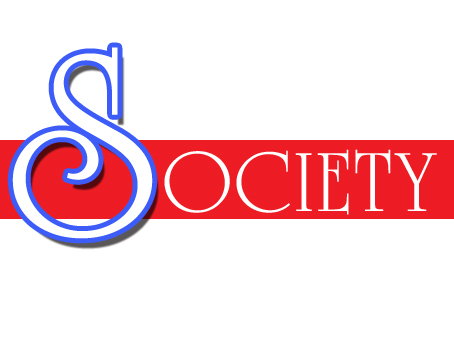
“A riot is the language of the unheard” is an expression by Martin Luther King to a certain public upheaval claiming interests or respect of rights. When people feel that they are not heard while they are repeatedly uttering claims, then they would change the schemes of expressing their ideas. That’s why public upheavals concluded after appearing a certain distraction.
Before the introduction of the current reform, many unheard voices had been echoed in the air of this country. It seems possible to say that the coming of the reformist administration is the result of those voices. Currently, the administration is undertaking various activities in response to the demands of those voices. In relation to this, the Ministry of Peace has recently organized a practical training on listening.
On the occasion, Minister Muferiat Kamil said that the training is intended to develop listening skills of the society. As to her, society needs to develop the culture of listening to each other.
Especially at this time, the society needs to coordinate each other to surpass bad days together and to make tomorrow better. The society will find common ground when it shows willingness to listen to each other. It should be committed to learn and grow together, she stated. “The
time is always right to do right things. Working in close collaboration, we ought to ensure the reform.”
“We might spend years of learning how to read, speak or write. Nevertheless, we have yet not developed how to listen to each other. So that developing practical listening skills is significant to closely communicate,” she stated, adding, “We have to change our approach from the architecture of speaking to the architecture of listening.”
Change is slow but the process is only realized when it incorporates diverse voices. Some of which have never been heard and some of them have of course silenced for centuries. People feel valued when their voices are heard and addressed properly. When they feel valued, they would tend to be active participants of a change. “We need to come together in the spirit of unity in solidarity to face the challenges of the country together. Unless the challenges handled in wisdom and commitment, they can’t be erased without inducing unexpected destruction.
According to her, the century long problems of the country cannot be addressed overnight. They can only be addressed by listening to one another and working together in schedule and prioritization. However, this needs first to understand others then to be understood. “Therefore, understanding others is very important to know what people want from us and what we want to get in return,” she said.
According to Zenebe Beyene (PhD), External Relations, Partnerships and Communications Director at Addis Ababa University, the training is all about attitudinal change. It is all about how to bring change in thoughts. “We Ethiopians often admire the intellectual outputs of foreigners while we have our own values. We lack to evaluate and study our norms and social values that give credit to listen to others and to react peacefully,” he said.
According to him, the growing problem is that the members of the society do not listen to each other. “We need to improve our listening skill so that we can gather knowledge from elders, religious leaders and other senior citizens. In order to improve our understandings, we ought to evaluate the pushing factors to the mishaps of the country,” he added.
Well cultivated listening skill enables individuals to carefully discern what happened and determine what to be done next. This can also help to avert destructive conflicts. “We should develop a culture of logical argument. Therefore family, the society, schools and civic societies among others need to play their due role,” he noted.
Zenebe further said that the nation ought to identify its shortcomings for it could not ensure its peace while it is active to accomplish peace keeping missions in other countries. “The media need to examine such constraints and forward solutions from experts and intended bodies. Developing the culture of listening would help us to bring peaceful communication and realization of our interests in the long run,” Zenebe stated.
According to Graham Bodie, an Integrated Marketing Communications Professor at Mississippi University, conflict is a natural phenomenon in the world of communications. People fight over ideas, perceptions, but they have to find commonalities than fighting on ideas. Mentioning Martin Luther King’s saying, he noted that protest [riot] is the language of the unheard. “People get into protest when they feel like they do not get the needed attention and ear to their interests.
Therefore, it is important to allow them to be heard therefore the protest would potentially be averted. However, in a short term mechanism, having table discussion and open dialogue among the contradicting parties is crucial to find out commonalities and get into peaceful communications,” the professor argues, adding, “A dialogue is not the only solution but it is usually part of every solution.”
Politically, parties must have common understanding about policies and regulations. They have to entertain various voices about a draft policy. Before establishing borders, it is a must to evaluate where the border will be put. The more constructive the communication is, the better people feel like the ultimate solution.
To some up, hearing the voices [complaints] of the public will help the administration to examine its system and address the claims. On the other hand, revealing its grievances might allow the people to get a relief. However, ensuring social justice and human resource development is a must to avert destructive public upheavals. As Luther stated, social justice and progress are the absolute guarantors of riot prevention.
The Ethiopian Herald July 2/2019
BY YOHANES JEMANEH





